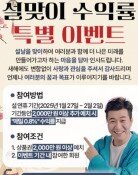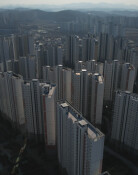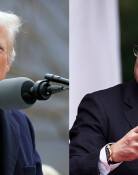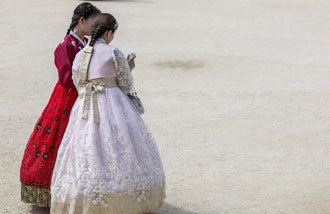Prosecution indicts Pres. Yoon on charges of ‘coup’ and arrests him
Prosecution indicts Pres. Yoon on charges of ‘coup’ and arrests him
Posted January. 27, 2025 07:11,
Updated January. 27, 2025 07:11
On Sunday, the prosecution indicted President Yoon Suk Yeol on charges of being the head behind a coup attempt. The court rejected the prosecution's request to extend his detention period, as the expiration of his detention was imminent. This decision followed a nationwide meeting of chief prosecutors, with Prosecutor General Shim Woo-jeong making the final decision. The prosecution stated, "We were unable to conduct further investigations into President Yoon, but after reviewing evidence from accomplice cases and evidence gathered by the police, we made the decision." This is the first time in history that a sitting president has been indicted.
President Yoon faces charges related to attempting to deploy military forces to seize control of the National Assembly and the National Election Commission, blocking votes on repealing martial law, and other related accusations. If confirmed as facts, each of these allegations would be a serious violation of the Constitution. A fierce legal battle over evidence and legal principles between President Yoon's defense team and the prosecution is expected in court. The key issue will be whether the prosecution can prove the charges in court, given that proper investigations into the president have not been conducted.
The fundamental reason for the lack of investigation into President Yoon is that he repeatedly refused to comply with summons from the Corruption Investigation Office for High-ranking Officials (CIO) and declined to cooperate even after arrest and detention warrants were issued. President Yoon's team also did not clearly respond to media inquiries about whether he would cooperate with the prosecution's investigation after the CIO referred the case.
The gaps in the CIO law also made the investigation more difficult. Notably, the CIO law does not address whether the prosecution can investigate the CIO has detained cases before deciding on an indictment. The court's rejection of the request to extend the detention period was based on the reasoning that the prosecution can only decide whether to indict but does not have the legal authority to conduct supplementary investigations into cases referred by the CIO.
More than 50 days have passed since the declaration of martial law, but debates over the reality of the martial law continue. President Yoon’s defense team has made arguments that are inconsistent with logic, such as claiming that the military deployment to the National Assembly was for maintaining order. The only place where the truth can be uncovered and criminal responsibility can be held is in court. This is why the prosecution’s thorough handling of the case is now more crucial than ever.







